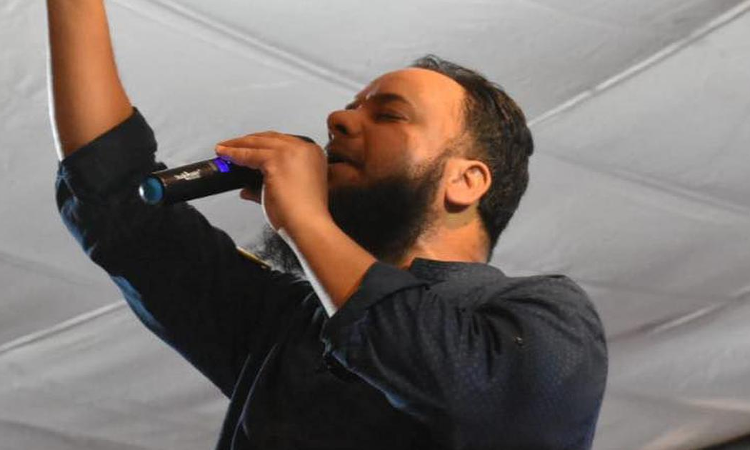Founder of United Against Hate, Khalid Saifi, seeking bail in relation to the Delhi Riots larger conspiracy case, on Wednesday argued before a Delhi Court that the prosecution is attempting to communalize the narrative against a single community. Additional Sessions Judge Amitabh Rawat has reserved order in the bail plea moved by Khalif Saifi after hearing Senior Advocate Rebecca John...

